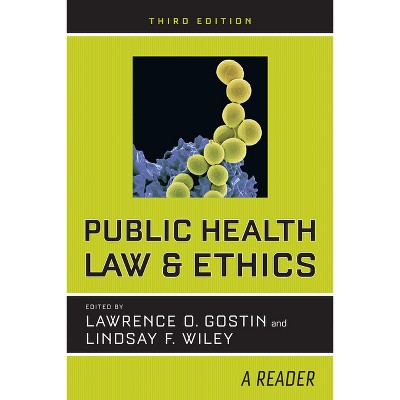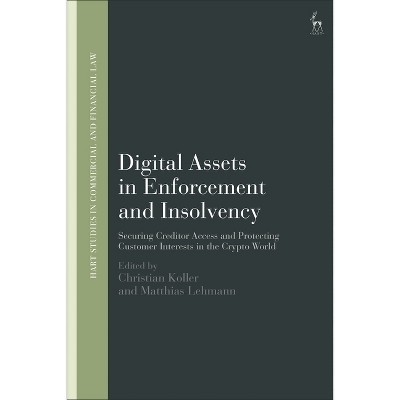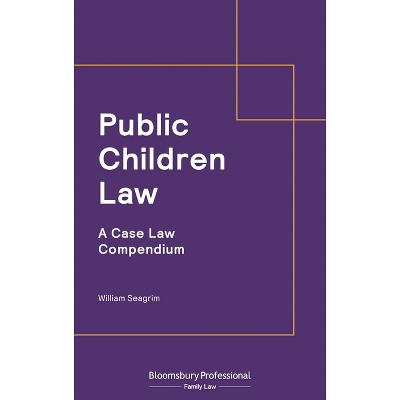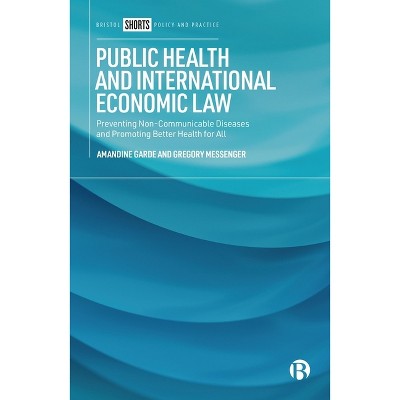Sponsored

Public Protection or Repression? Russia's Anti-Extremism Law Enforcement - by Maria Kravchenko & Natalia Yudina (Paperback)
In Stock
Sponsored
About this item
Highlights
- Since the February 2022 invasion of Ukraine, newspapers have been full of stories about Russia's military brass and political leaders.
- Author(s): Maria Kravchenko & Natalia Yudina
- 394 Pages
- Freedom + Security / Law Enforcement, General
Description
About the Book
"This book focuses on xenophobia-motivated illegal activities in Russia, government policies for counteracting extremism (that is, various direct, ideologically motivated threats to state and public security), and abuses that systematically arise in the implementation of these policies. The work is based on the annual reports by SOVA Center for Information and Analysis that focus on the years 2014 to 2020. This particular time frame was chosen because it was these dates that marked substantial changes in counter-extremism policy within Russia. The year 2014 was the beginning of Russia's intervention in the Ukraine crisis, which in many respects served as a turning point in domestic policy as well. The endpoint of 2020, when a large package of amendments to the Constitution were approved by nationwide referendum, also marked a watershed in domestic policy. The book closes with an Epilogue that summarizes more recent trends in law enforcement that have become evident since the start of the Russia-Ukraine war"-- Provided by publisher.Book Synopsis
Since the February 2022 invasion of Ukraine, newspapers have been full of stories about Russia's military brass and political leaders. However, there has been very little attention paid to what life in Russia is like for ordinary citizens. This publication offers a much-needed evidence-based view of human rights under Putin.
East View Press is proud to present relevant data gathered by the Moscow-based nonprofit SOVA Center for Information and Analysis, which for over two decades has been reporting on the country's legislation and law enforcement. As local Russian offices of advocacy groups such as Memorial, Human Rights Watch and Amnesty International have been shuttered one after the other, this book emerges as a critical resource. Its publication has become even more urgent with the recent dissolution of the SOVA Center itself.
Compiled for the first time in book form, this collection spotlights SOVA's research on Russia's evolving anti-extremism laws. The statistics here show convincing evidence that, far from safeguarding citizens from hate crimes, this legislation harbors a not-so-hidden agenda: silencing dissent. A must-read for scholars of civil rights, post-Soviet politics, and international relations, this book also resonates with anyone interested in the development of nation-states and the strategies they deploy to retain their authority.
Shipping details
Return details
Trending Non-Fiction











